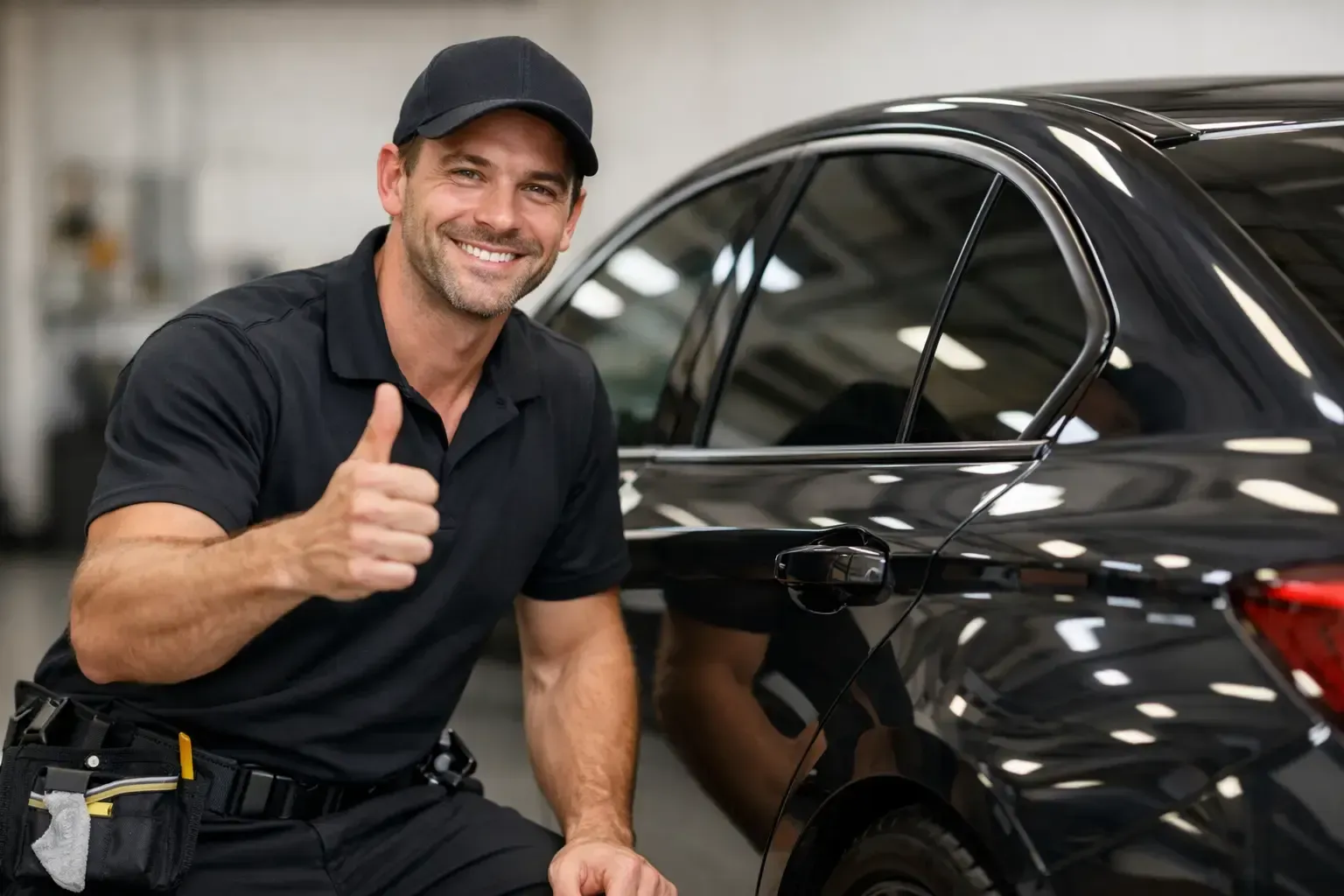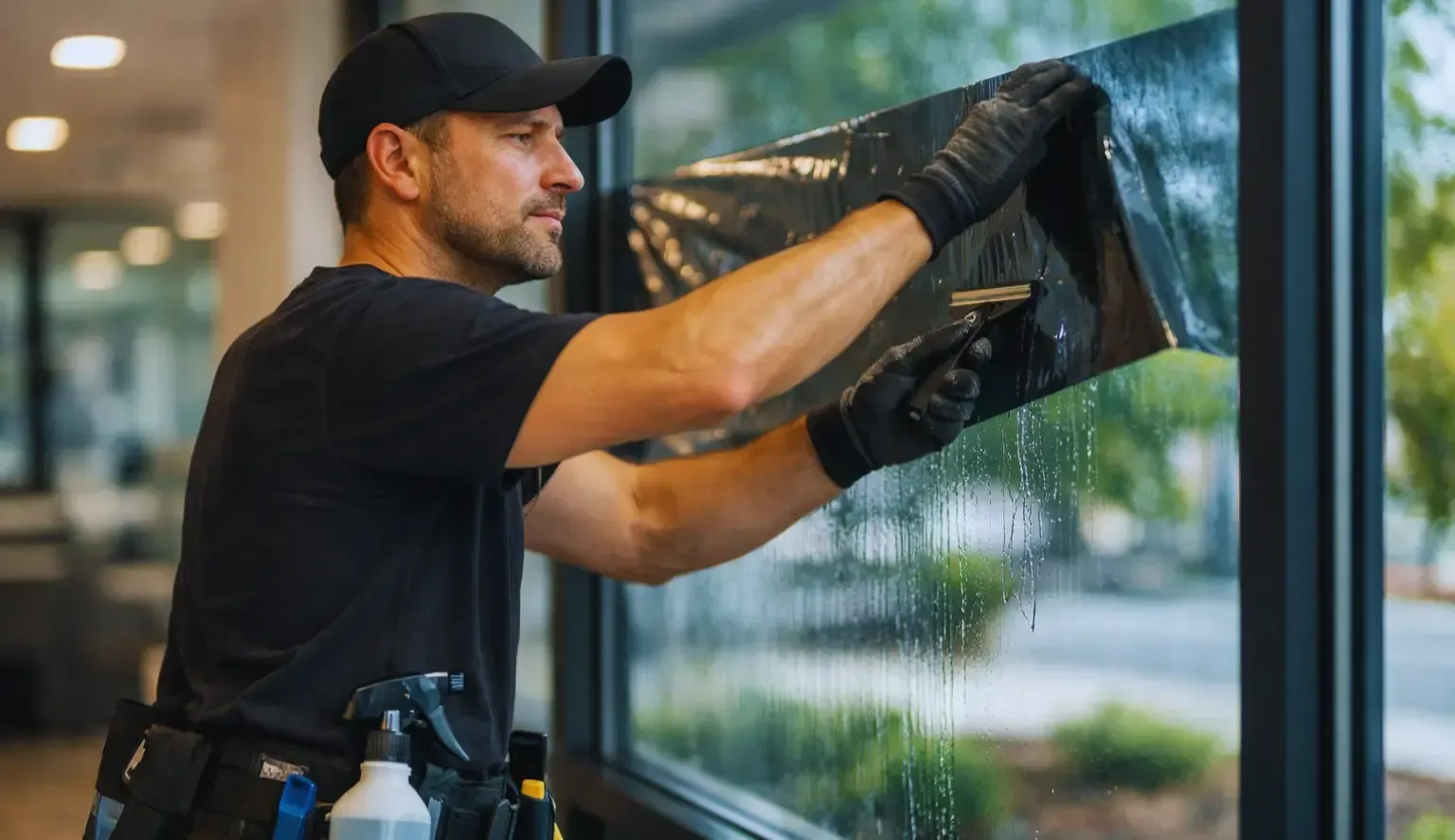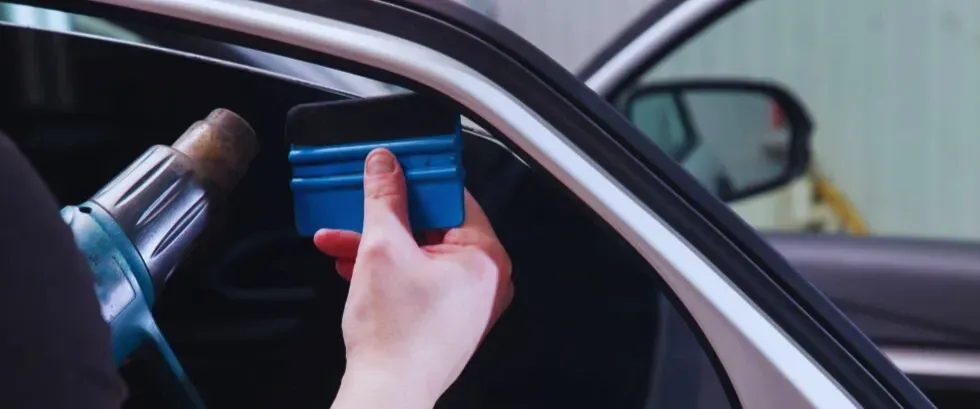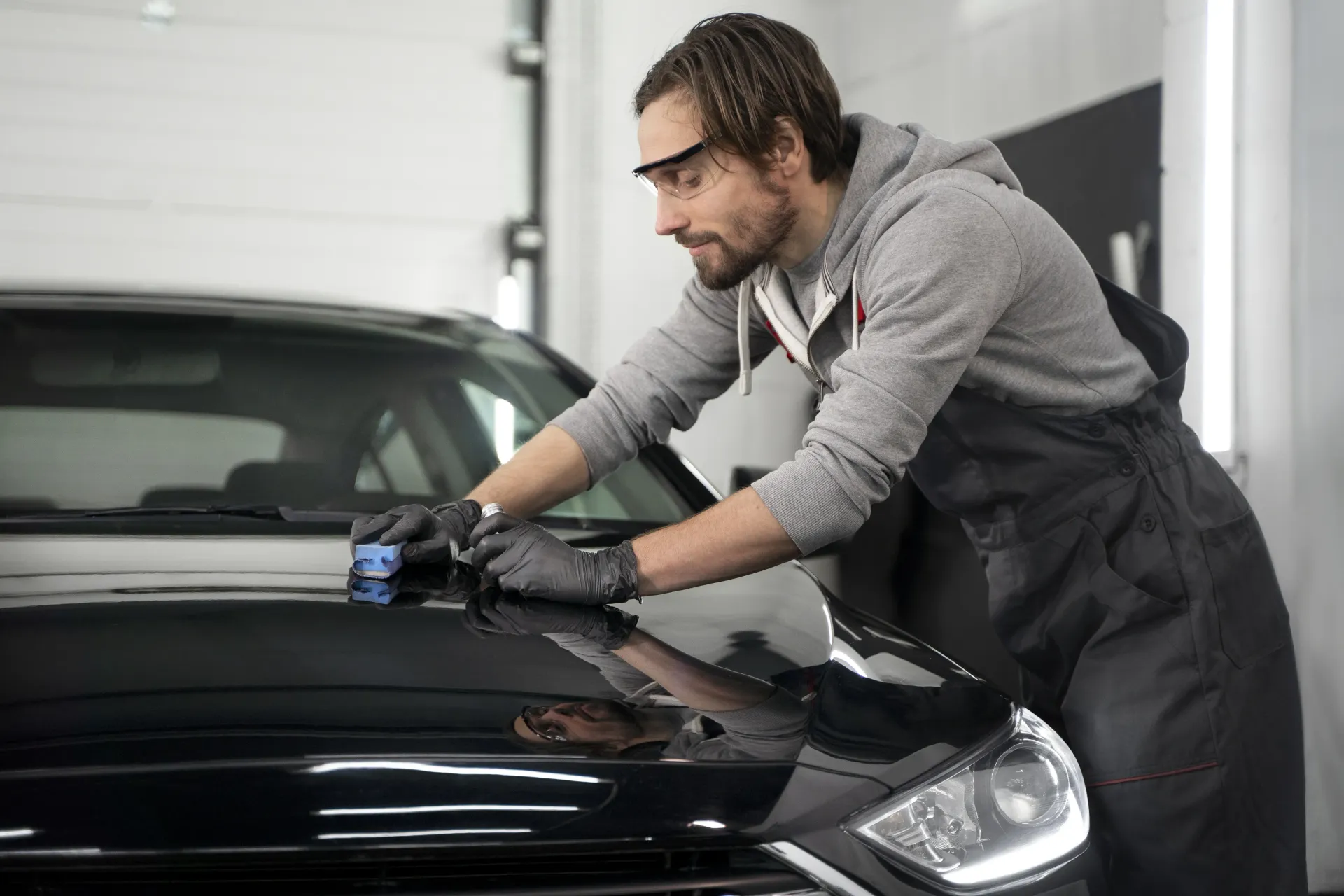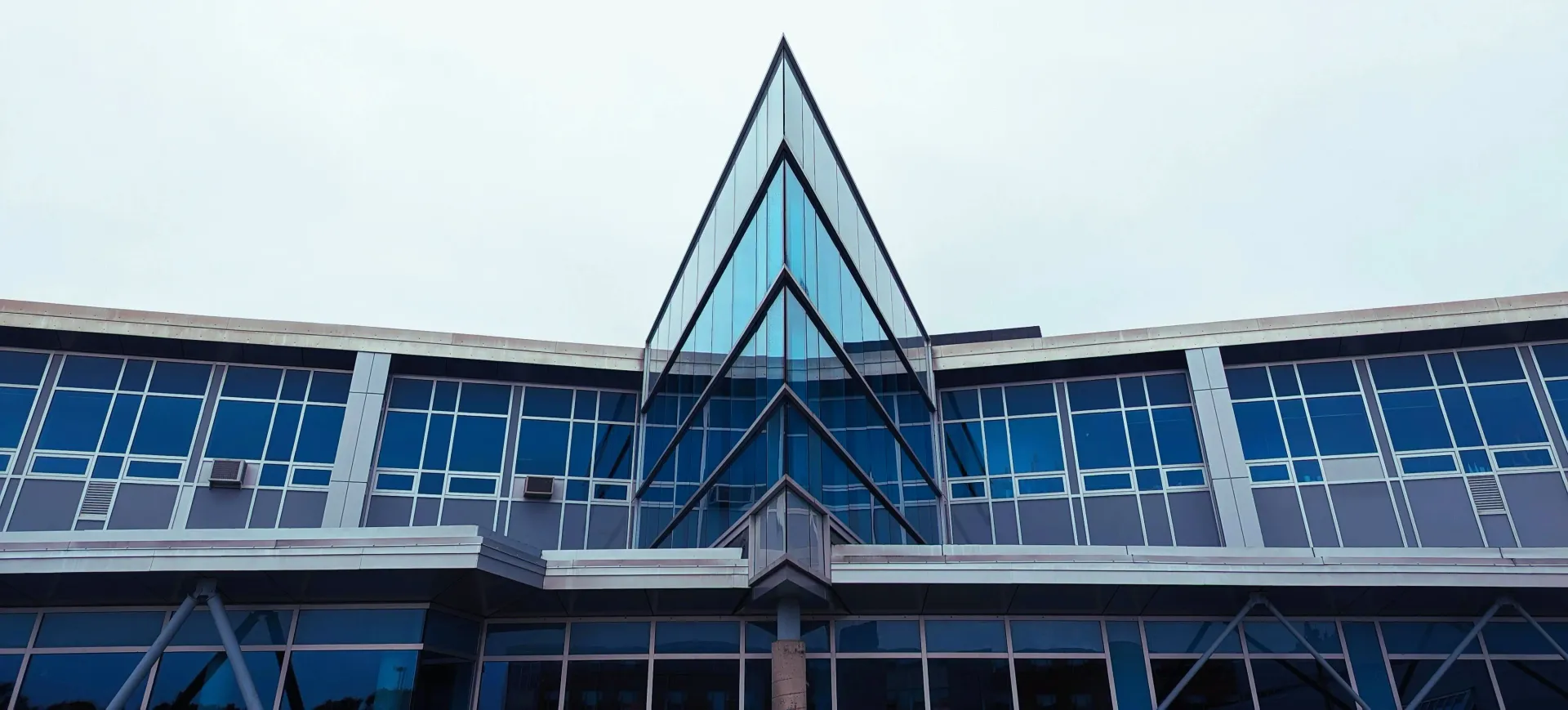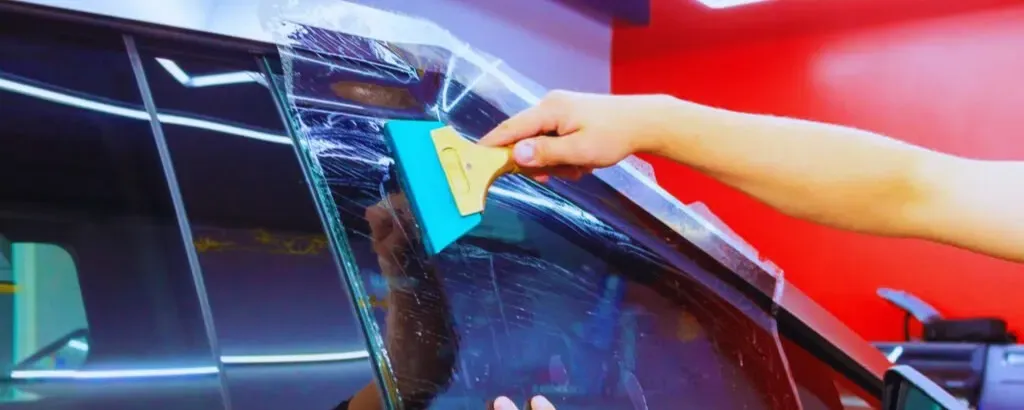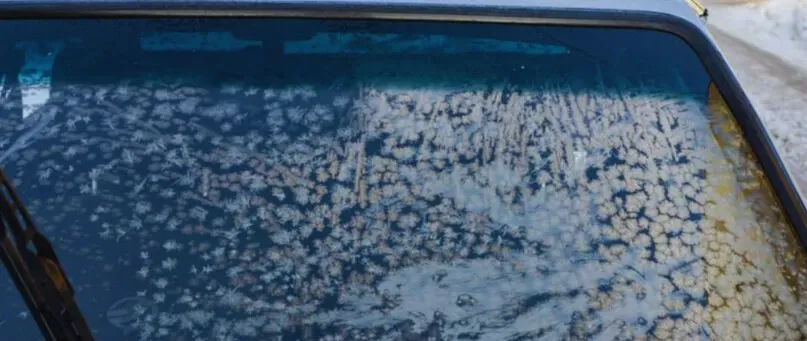Window Tint vs. Impact: Does It Really Strengthen Your Glass
When it comes to safety and style, window tinting often tops the list. But beyond aesthetics and UV protection, a question arises—does window tint really strengthen your glass? Whether you're thinking of car windows, home windows, or office glass panels, understanding the relationship between tint and impact resistance is essential.
Glass is naturally fragile. One wrong move or sudden jolt, and you're dealing with shards all over. Window tinting, particularly safety or security film, is often marketed as a solution to this fragility. But does it actually reinforce your glass or just hold the pieces together after breakage?
In this article, we’ll dive into facts, test results, and real-world applications to uncover whether window tint offers genuine protection against impact—or if it’s more illusion than reality.
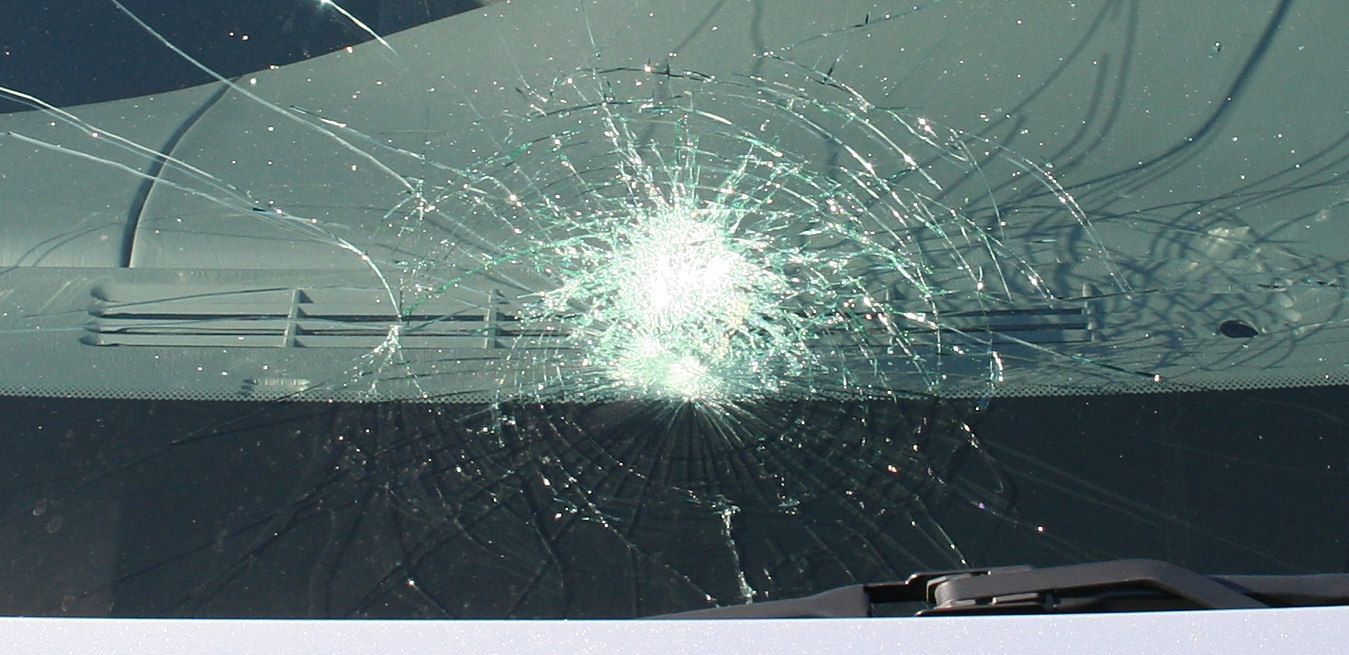
Understanding Window Tint Films
To fully grasp the impact resistance debate, we need to understand what window tint actually is. Window tint is a thin film made of polyester-based materials layered with adhesives, UV-blocking dyes, and sometimes metalized coatings.
There are different types of window films:
- Dyed Films – Best for reducing glare, but offer minimal strength enhancement.
- Metalized Films – Reflective and durable, but can interfere with signals.
- Ceramic Films – Known for premium heat rejection and clarity.
- Security/Safety Films – Thicker and engineered for impact absorption.
Each of these has different compositions and intended functions, but only security films are designed with impact in mind.
How Window Tint Works
Window tint films function through layers of adhesives, UV inhibitors, and scratch-resistant coatings. They adhere to the glass, and while they do not change the structural integrity of the glass itself, they serve as a holding agent.
Here’s how they help:
- Reduce UV Rays: Block up to 99% of harmful rays.
- Control Heat: Reflect solar energy and reduce interior temps.
- Hold Shards in Place: In the event of breakage, the film can prevent glass from scattering.
So, while the tint won’t make your glass bulletproof, it acts like a bandage, holding it together when it breaks—reducing injuries and exposure.
Window Tint vs. Impact: Does It Really Strengthen Your Glass?
Let’s get to the heart of the matter: Does window tint strengthen your glass?
The short answer? Yes—but with caveats.
Standard tint provides minimal to no structural reinforcement. However, security window films can enhance resistance against:
- Accidental impacts
- Attempted break-ins
- Natural forces like wind-borne debris
These films don’t "strengthen" the glass per se but absorb part of the impact and keep the fragments together. In other words, they prevent easy shattering, giving you more time and better safety.
Safety Benefits of Window Tinting
The number one safety benefit of window tinting is shatter control. When unprotected glass breaks, it explodes into dangerous shards. But with tint:
- Glass cracks instead of shattering
- Pieces stay attached to the film
- Reduces risk of laceration
- Creates a barrier to intruders
For families, business owners, or vehicle owners, this is a big plus, especially in emergencies or accidents.
Impact Resistance Explained
Impact resistance refers to how well glass can withstand force. When a window without tint is hit, it responds to the point of contact, and depending on pressure, it can explode outward.
Tinted glass responds differently:
- The film absorbs and redistributes impact energy
- Prevents a full break-through on first impact
- Minimizes flying debris
It’s not bulletproof, but it gives a critical window of time to react or escape.
Does Tint Make Glass Shatter-Proof?
Absolutely not.
This is one of the biggest myths in the tinting world. Window tint doesn’t make glass unbreakable—it makes it break safely.
Think of it like a car seatbelt. It doesn’t stop the crash, but it stops you from flying through the windshield.
Real-World Examples and Crash Tests
Numerous tests have been conducted to measure the effectiveness of tinted vs. untinted glass under impact. For example:
- Car crash simulations show windows with security films tend to stay intact longer.
- Burglary tests reveal that windows with safety tint take more force and time to breach.
While not foolproof, the added resistance has proven useful in many emergency scenarios.
Types of Tints Offering Added Security
Not all tint is made for impact. If safety is your priority, look for:
- 8-mil to 14-mil security film
- Dual-layered films
- Nano-ceramic reinforced tint
These are commonly used in banks, schools, government buildings, and now increasingly in homes and cars.
Home Window Tinting vs. Auto Tinting for Impact
There’s a notable difference between residential and automotive tint:
- Home Tint: Usually thicker and focused on privacy and energy savings.
- Auto Tint: Prioritizes glare reduction and UV protection.
If you're seeking impact protection for your vehicle, choose tint products labeled for security or safety.
Explore professional Mobile Window Tinting Service for vehicle-specific protection solutions.

Laminated vs. Tinted Glass
Laminated glass is bonded under heat and pressure with a plastic interlayer between glass sheets. It’s much stronger than any tint film can provide.
However, security window films offer a cost-effective alternative to laminated glass, especially in cars or older buildings.
Is Window Tinting a Substitute for Tempered Glass?
Tempered glass is heat-treated for strength and breaks into pebbles instead of sharp shards. It’s stronger than standard glass and required in many applications.
Tinting is not a substitute, but it can complement tempered glass for extra security, especially against smash-and-grab crimes or storm debris.
Mobile Window Tinting Services for Safety Upgrades
Getting your windows tinted professionally is key. Mobile services provide:
- On-site convenience
- Expert film matching
- Quick and clean installation
Check out Mobile Window Tinting Service for reliable, high-quality installations designed to enhance both style and safety.
Cost of Tinting for Impact Resistance
Security film costs more than regular tint. Here’s a breakdown:
Film Type Average Cost per Square Foot
Regular Tint $5–$8
Ceramic Tint $10–$15
Security Tint $12–$25
While more expensive, the added safety is worth it in high-risk areas.
Professional Installation Matters
Bad installation can lead to bubbles, peeling, or reduced impact performance. A certified installer will:
- Use quality materials
- Ensure perfect adhesion
- Avoid weak points
Contact the experts today via the Contact page to get started.
Legal Limits and Regulations
Tint darkness and reflectivity are regulated by state and federal laws. Before choosing a film:
- Check local laws for legal VLT percentages
- Ensure safety films comply with codes
- Avoid fines and failed inspections
Common Myths About Tinted Windows and Impact
- Myth: All tint makes glass stronger – Only security films do.
- Myth: Tint prevents break-ins – It only slows them down.
- Myth: Tint is illegal – Legal if within limits.
Don’t fall for sales hype—know what you’re getting.
FAQs
Can window tint prevent glass from breaking during an accident?
No, but it can help hold the glass together, reducing injury from flying shards.
Is security window film the same as regular tint?
No, security films are thicker and designed for impact resistance.
Does tint affect visibility during nighttime driving?
Darker tints can reduce visibility. Always choose legal and balanced options.
Will tint make my windows burglar-proof?
Not entirely, but it adds time and resistance against quick break-ins.
Can I install safety tint myself?
It’s possible, but professional installation ensures maximum safety and durability.
How long does security window tint last?
With quality materials and proper care, up to
10–15 years.
Conclusion
So, does window tint really strengthen your glass? Technically, no—it doesn’t alter the structural composition. But safety and security films do provide an extra layer of protection, helping prevent dangerous shattering and deterring forced entry.
When installed properly, window tint is an affordable, reliable way to enhance your glass’s safety profile, especially when paired with tempered or laminated glass. For the best results, always consult professionals like those at Mobile Window Tinting Service.
Links
